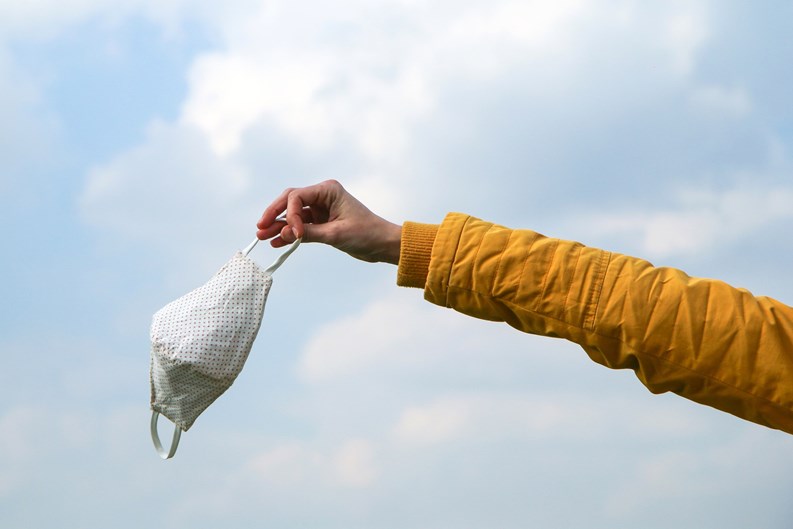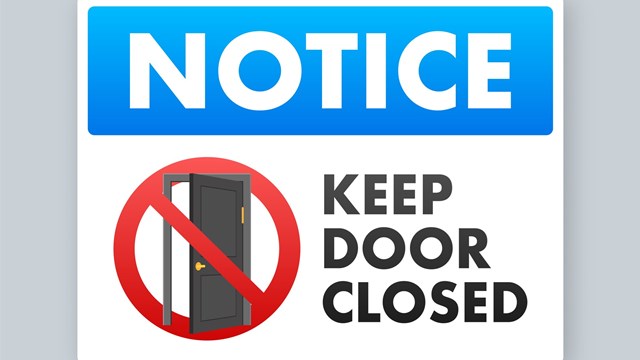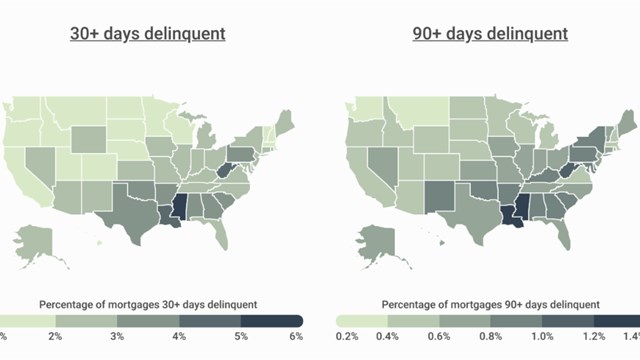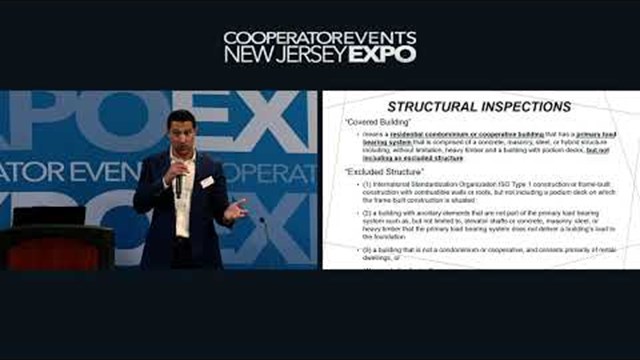The past month has brought a titanic shift in New Jersey’s position on how public spaces should be secured during the COVID-19 pandemic. For the first time in more than a year, Governor Phil Murphy issued an Executive Order stating that most outdoor and indoor public spaces would no longer require mask-wearing or that individuals maintain 6 feet of distance from each other.
While relaxing State COVID-19 restrictions is a welcome development for all of us who have endured hardships since last March, should we all simply take off our masks and throw caution to the wind? More importantly, for those entities charged with taking reasonable steps to protect the health and safety of others - including condominiums, co-ops, and homeowners associations that operate common facilities - what’s the most prudent course of action to protect unit owners, occupants and guests and avoid liability in this brave new post-COVID world?
On May 17th, Governor Murphy issued Executive Order 241, the first of several Executive Orders seeking to relax COVID-19 safety protocols. The part of that order of most concern to multifamily boards and managers is Section 1, which states:
“Individuals in outdoor public spaces are not required to wear masks, regardless of their ability to maintain six feet of distance from other individuals or groups, and regardless of their vaccination status….”
However, the Governor also wisely states in Section 1 of the Order that:
“Employers and entities are permitted to impose stricter requirements regarding mask-wearing in outdoor settings for employees, customers, guests and other individuals.”
This language should be taken as cautionary advice to all condos, co-ops, and HOAs seeking to open their pools, playgrounds, basketball courts and other shared outdoor facilities as summer approaches. While the outdoor mask mandate may have been legally removed, associations still have an obligation to act reasonably, and would be wise to take steps to ensure the safety of all residents and their guests until they are certain that the spread of infection is fully under control.
Notably, Section 2 of Executive Order 241 excludes childcare centers or other childcare-related facilities as not being “outdoor public spaces,” and requires all people to continue wearing masks when using such facilities. For associations with pools and playgrounds that are regularly used by children who have not yet been vaccinated, it would be wise to keep existing COVID-19 protections in place until we are certain that the spread of the virus has been stopped - or at the very least is being contained. If it is not unreasonable to believe unvaccinated children will be using a facility, it is not unreasonable for an association to use COVID mitigation strategies at that facility.
After signing Executive Order 241, the Governor also signed Executive Orders 242 and 243 on May 24th to relax indoor masking and social distancing requirements. In his coronavirus briefing to the media, Governor Murphy described the content of these Orders:
“This Friday (May 27) we will be lifting the requirement for maintaining six feet of social distancing in all indoor and outdoor settings. This includes businesses such as restaurants and retail spaces, personal care businesses, gyms and recreational and entertainment businesses such as casinos. We will also be lifting the six-foot distancing requirements for religious services, political activities, weddings, funerals, memorial services, and performances. Every business can continue to require social distancing, should they choose, and we fully expect that many will do so initially to ensure the comfort of their customers.”
As he did in Order 241, Governor Murphy again sent a warning to all parties that discretion was the watchword of the day; all businesses can continue to require social distancing and mask wearing as they see fit and reasonable.
Protecting Residents, Guests & Employees in Your Indoor Spaces
Section 1 of Executive Order 242 states, in part:
“Individuals in indoor public spaces are not required to wear masks, regardless of their ability to maintain six feet of distance from other individuals or groups. In accordance with CDC recommendations, individuals who are not fully vaccinated should continue to wear masks in indoor public spaces…..Employers and entities overseeing public spaces in settings where masking is no longer required pursuant to the provisions of this paragraph are permitted to impose stricter requirements regarding mask wearing in indoor settings for employees, customers, guests and other individuals, where otherwise consistent with Federal and State law. Employers and Entities overseeing public spaces shall not restrict individuals from wearing masks in those settings and shall not in any way penalize or retaliate against individuals who elect to wear a mask.”
Notably, “indoor public spaces” does not include the worksites of employers whose indoor spaces are not open to the public for purposes of the sale of goods, attendance at an event or activity, or the provision of services. While associations do allow unit owners and occupants to bring guests to use their facilities, in truth association facilities are private property collectively owned by the unit owners, and not “public spaces.” Therefore, it is more proper to review Executive Order 243, which deals with private property.
Section 1 of Executive Order 243 states that businesses and nonprofits that require staff to report to a physical worksite must continue following masking and social distance mandates when the employer is unable to determine an individual or employee’s vaccination status. Additionally, Section 2 of the Order requires that employers must continue to require all unvaccinated employees to wear masks and practice social distancing in all circumstances.
Most importantly for condos, co-ops, and HOAs, Section 3 of Order 243 states that workplaces not open to the public (i.e., private property) are permitted to allow customers, visitors and other authorized individuals to enter the worksite without requiring use of a mask or social distancing, regardless of vaccination status. Employers can establish a more restrictive policy if they wish - but they cannot restrict mask wearing.
Err on the Side of Caution
Clearly, Governor Murphy’s Orders could make it difficult for associations to determine whether to keep masking and social distancing requirements in place or relax their COVID restrictions. Since association facilities are private property, boards now have the ability to make their own decisions concerning masking and social distancing requirements for their unit owners, occupants and guests. However, the different requirements for employees versus customers or guests, public indoor spaces versus private or excluded spaces, and individual vaccination status, create ambiguities that could be worrisome for many associations.
It’s difficult for a board or management team to verify whether visitors or employees have been fully vaccinated, whether any children using its facilities are susceptible to COVID-19, and whether the virus is truly under control in its community. Also, since associations are nonprofit entities that require staff to report to a physical worksite, they should consider keeping their COVID mitigation protocols in place - at least for the time being - to ensure they are compliant with the law.
Ultimately, the safest and best strategy for associations is to be patient, and keep their COVID mitigation protocols in effect until they can be reasonably certain there will be no resurgence of the virus. While the New Jersey State Senate recently passed, and the New Jersey State Assembly is currently considering a bill to insulate associations from liability in connection with exposure to COVID-19, that legislation is not yet law. If several weeks from now the virus is fully contained, or there is a new law shielding associations from COVID-related liability, social distancing and mask wearing will become a thing of the past, and we will truly be able to enjoy this brave new post-COVID world in our associations. Until then, erring on the side of caution is always the best strategy.
Michael J. Willner, Esq., is a Partner in the Community Association Law and Business Litigation practice areas at Curcio Mirzaian Sirot LLC in Roseland, New Jersey.










Leave a Comment